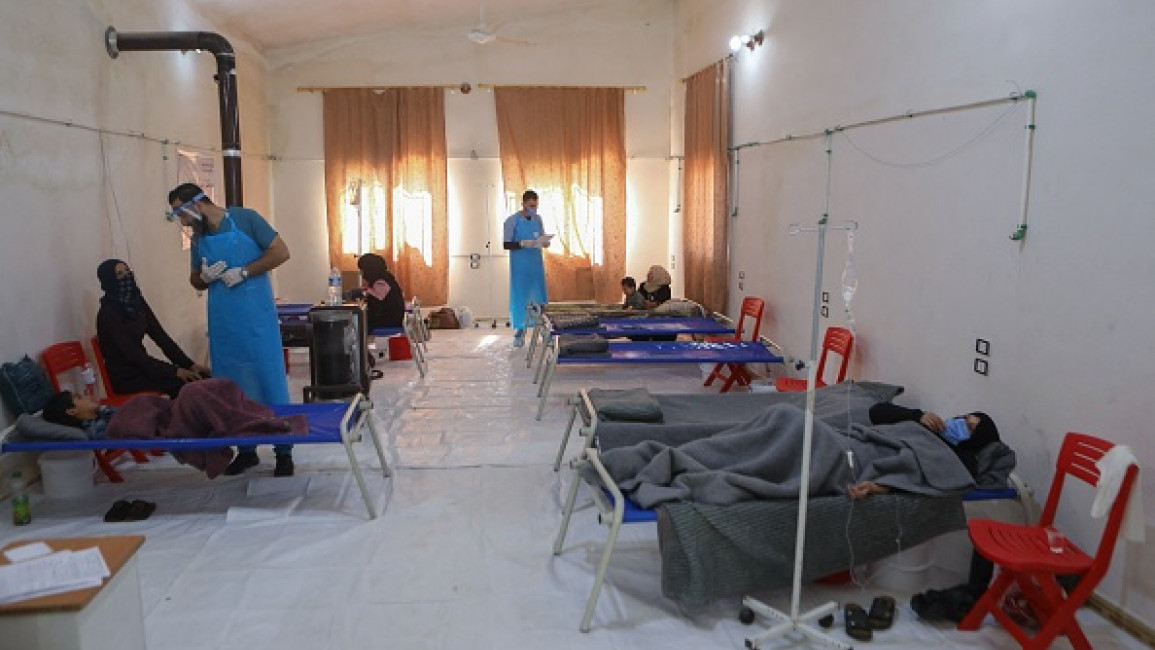Syria 'prone to disease outbreak' following tragic earthquake, Red Cross warns
The International Committee of the Red Cross (ICRC) has warned that Syria could face a dangerous disease outbreak as a consequence of the devastating earthquake that hit the country and neighbouring Turkey, on February 6.
Jagan Chapagain, the ICRC’s Secretary General, said thousands of displaced Syrians risk being exposed to a number of diseases and illnesses if they remain homeless and living in makeshift accomodation.
Chapagain spoke following a visit to Aleppo, which was one of the worst-hit cities in the country, following the 7.8 magnitude earthquake last week.
Aleppo has already suffered from years-long air strikes and sieges under the rule of President Bashar Al-Assad's regime.
At least one-third of its buildings were damaged or destroyed as a consequence of the civil war, according to a report by the World Bank in 2017.
The Secretary-General said that Syrian quake survivors are still living "in very basic conditions in very, very cold school rooms", in an interview with The Associated Press, adding that a permanent solution is needed for families "in make-shift shelters without adequate heating".
He also warned that residents of Aleppo could be susceptible to another cholera outbreak, due to the earthquake's impact on access to housing, clean water and fuel, among other basic needs.
The city, which is the second largest in Syria, suffered a major outbreak of the disease in late 2022, killing dozens and infecting hundreds more. At the time, the UN’s humanitarian coordinator in Syria said the spread of the disease could "threaten the whole region".
Cholera is generally contracted from contaminated food or water and spreads in residential areas that lack proper sewerage networks.
In 2019, thousands of displaced Syrians in Idlib contracted Leishmaniasis, a tropical disease spread by sandfly bites that can cause skin ulcers and liver and spleen enlargement, among other dangerous symptoms.
Unsanitary conditions and inadequate humanitarian aid have also resulted in outbreaks of measles and tuberculosis in northern Syria.
Chapagain further added that the earthquake had been detrimental to the mental health of Syrians, who are already facing poverty and conflict.
"If the conflict had broken their backs, I think this earthquake is breaking their spirit now," he said.
An estimated 43,000 people have died following the earthquake last week, with close to 5,800 in Syria. Most of those who were killed were in the rebel-held northwest region.
Thousands more have been displaced, with many leaving for rural areas, Chapagain said, emphasising that "rebuilding the country’s infrastructure" should be a priority in order to prevent mass homelessness.
Agencies contributed to this report.



